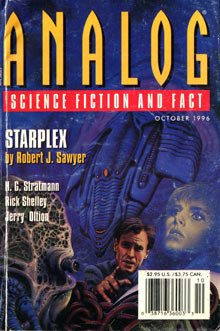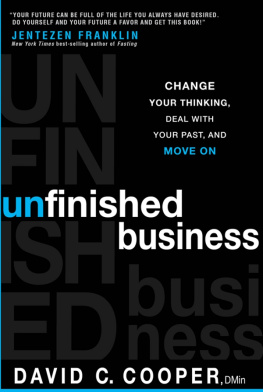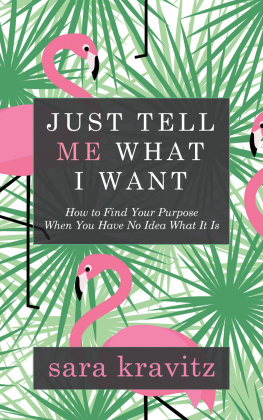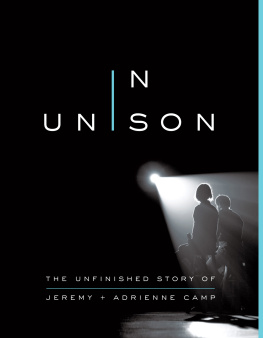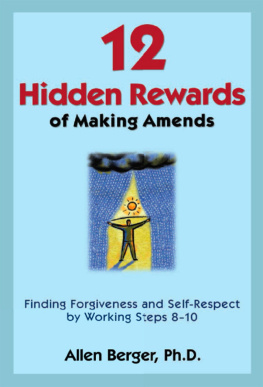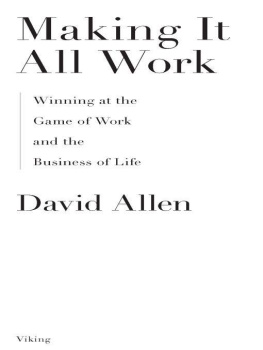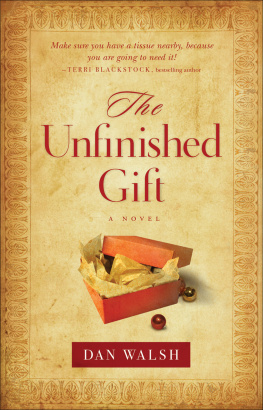UNFINISHED
BUSINESS
ONE MANS EXTRAORDINARY YEAR
OF TRYING TO DO THE
RIGHT THINGS
Lee Kravitz

Contents
by Gail Sheehy
To my parents Harry and Phyllis, and to
Elizabeth, with love.
Unfinished Business is a rich, wise, and powerful work that reminds us to be ever mindful of that which is truly important. By taking honest and courageous stock of his own unfinished business, Lee Kravitz calls on us all to live lives that honor our best selves. It is a timely and inspiring book.
Dave Isay, founder of StoryCorps
Self-effacing, self-aware, [Kravitz] embarks on a journey in which he reconnects with a schizophrenic aunt neglected by their family, forgives a high school nemesis and honors a forgotten promise to an underprivileged African boy. What could have turned into a self-congratulatory, Disneyesque odyssey becomes an occasion for real kindnesses and growing sensitivity.
Time
[Kravitzs] journeys are truthful, generous and worthwhile. Through his experiences, he found meaning, an acceptance of lifes absurdity and the insight that so much comes down to attitude and keeping the many threads of life thrumming.
Kirkus Reviews
When Lee Kravitz lost his job as editor-in-chief of Parade magazine, he decided to spend a year connecting all the dots his busy working life had left emotionally adrift, reaching out to grasp the hands and hearts of family members, friends, and mentors he had left behind. His adventures in outreach are moving, and quietly inspiring.
Barnes & Noble Review
Everyone complains about not having enough timebut what happens when we get it? Lee Kravitz used losing his job as a springboard to the human things he should have done. In so doing, he turned bad into bountiful. A great lesson for us all.
Mitch Albom, author of
Tuesdays with Morrie and Have A Little Faith
[Kravitz] uses this life-changing moment as an opportunity to take stock of his life The lesson to be shared: Be mindful of what is most important, and act on it. The rewards will be immediate and lasting.
Cleveland Jewish News
Kravitz is a thoughtful writer, and his memoir reveals a delicate personal journey.
Publishers Weekly
Unfinished Business is not just the story of how and why and when Lee Kravitz decided to tie up his loose ends, although all that is here. Its also about the extraordinary and unexpected events that unfold once he embarks on his journey toward completion. This is an uplifting and truly life-affirming book.
Hope Edelman, author of Motherless Daughters
and The Possibility of Everything
The book has an ecumenical, inclusive, joyful spirituality running like a current under a stream Discovering how to love in daily life is the spiritual equivalent of scaling the Alps.
100memoirs.com
What could have led to a downward spiral of regret and self-doubt instead turned out to be the beginning of a new outlook on life Excellently handled by Kravitzs deft and engaging prose.
Dallas Morning News
Inspirational but never preachy, Kravitzs memoir reminds us of what really matters and shows us how to begin searching for, and finding it.
Hudson Valley News
Its the kind of reportage-cum-memoir that I love I found it fascinating.
Michael Ruhlman, author of
The Making of a Chef, on Ruhlman.com
This book will strike a chord with those of us who feel weve left some things behind in the relentless pursuit of work and careers.
Republican (Springfield)
The stuff that life should be made ofre-thinking, redoing, reliving.
UrbanBaby.com
Kravitzs story about unfinished business, part of the human condition, is a cautionary tale for all of us.
Christian Century
A refreshingly different kind of bucket list.
Readers Digest
LEE KRAVITZ LOVED his work. He lived it. It was not only his identity, it was his demon. Like many men in high-powered careers, his mind was almost always occupied by his work, even if his body was at home or on vacation.
Over the years that Lee Kravitz was my editor at Parade magazine, we often had tea and talked about how challenging it is to strike the right balance in our lives. He confided that his father, a workaholic, drove him to become a professional baseball player. When a high school injury shattered his fathers dream, Lee blamed him for pushing him so hard and began creating his own vision of his future. I reinvented myself at fifteen, Lee told me. That was when I decided I wanted to write.
In our First Adulthood, the years between eighteen and fifty, the passages are quite predictable. And Kravitz, as an ambitious Boomer, proceeded from stage to stage in typical fashion. He was precocious in Pulling Up Roots and exploring an identity of his own. He used the Tryout Twenties to travel the world as a footloose freelance writer. And like many young Americans in the Age of Aquarius, he enjoyed a prolonged adolescence until he was thirty. Only after a shaky Age 30 Passage did he enter the Settling-Down stage, at thirty-three, when he took his first real job. He went to work as an editor for two prominent publishing housesfirst Scholastic, then the company that owned Parade and Cond Nast.
For the next twenty years, he lived his work. At thirty-nine, on the brink of the Midlife Passage, he was predictably overwhelmed by a hurry-up sense. Absolutelyhurry up and have a family. He and his career-directed partner moved in together and immediately set about making children. It took a while to produce twins and a few years later they had a son. His wife was intent on building her own literary agency. And Lee drove himself to reach the top editorial post in magazine journalism, working nights and weekends. Named editor in chief of Parade at the age of forty-seven, he had all the accoutrements of public success: a stable of writers, standing reservations at top restaurants, and a meaningful platform to influence public opinion with the largest audience of readers in the English-speaking world.
After fifty, the passages of our lives are largely unpredictable. They are often precipitated by a life accidenta blowout in our infrastructure, an unexpected divorce, the sudden death of a parent or a contemporary, or the shock of a full stop in career acceleration. That was the brutal wake-up call for Lee Kravitz. He was stopped in the hallway of Parade and told, You are no longer the editor of this magazine. He was fifty-four. Being fired after fifty is a five-alarm wake-up call for anyone, but this was late 2007 and the U.S. economy was on the brink of an abyss. Kravitz had no plan B.
In the first weeks of being homebound, Kravitz realized he was not only a stranger to his wife and three children, he was not connected to himself. And when you are not connected to yourself, you cannot really feel the joy and compassion in being connected to other people. Our increasingly success- and profit-oriented culture does not favor executives who lead well-balanced lives. Kravitz was candid with me, as he is throughout this book. When youre in a high-powered career, you give lip service to the idea of taking time off when your kids are born and date nights with your wife, said the former workaholic. It just doesnt happen. You push yourself and the people you manage. My identity was my work. My role in the world was my work. I lost sight of who I really was.


